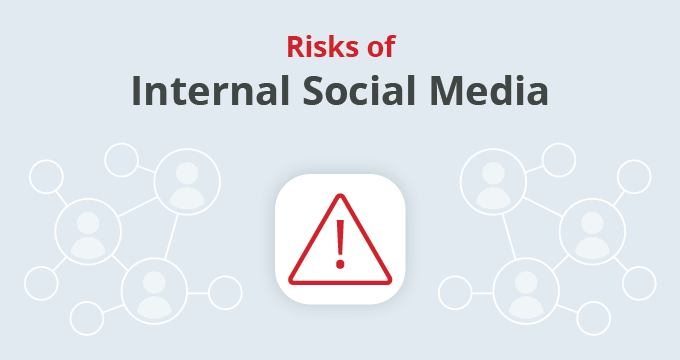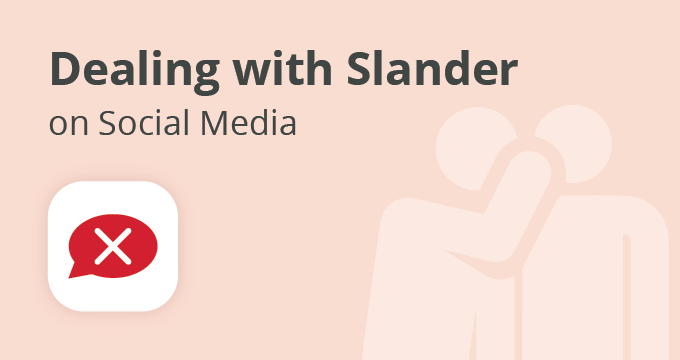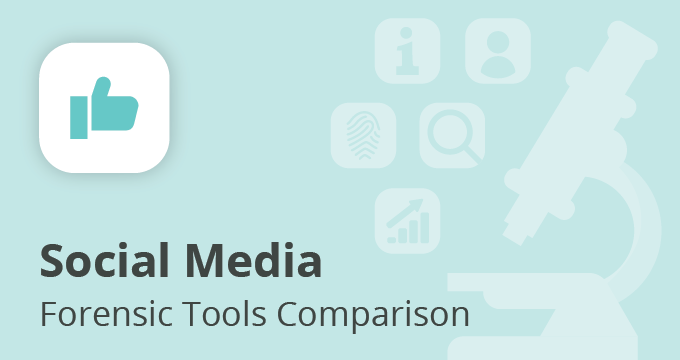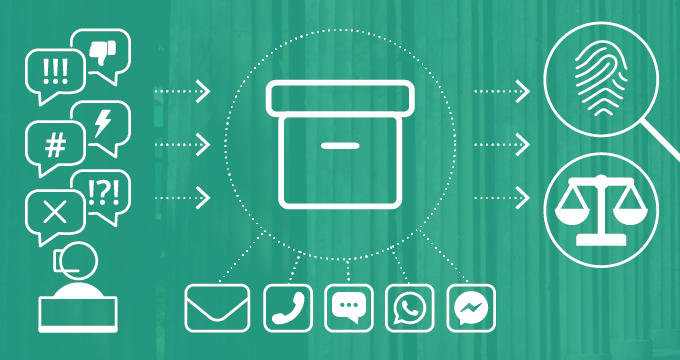With the pandemic, collaborative social media tools have become the new workplace reality, no matter what line of industry your business is in.
Zoom, Slack, Microsoft Teams, and even Facebook and WhatsApp for Business – numerous internal social media platforms and chat apps have been used to improve workplace collaboration and productivity and boost employee engagement.
These tools are here to stay, as they can significantly speed up everyday operations and make collaboration possible in the circumstances of increased job flexibility.
However, there are several risks of businesses using social media that a company can easily overlook. This article will ensure your company is aware of the risks and that it’s doing its best to minimize them so that you can use social media safely in your workplace.
1. Confidential information leakage
Less formal interactions via internal social media platforms can put all confidential data related to the company, clients, customers, or patients at risk.
Passwords, credit card details, contracts and deal documents, and sensitive data about yet unreleased projects can be communicated in a chat and managed without safeguarding.
This can lead to cases of credit card fraud, intellectual property infringements, and other harmful consequences like the loss of reputation and client trust.
How can you minimize this risk? Even though internal policies play an important role in mitigating this risk, using current technology solutions to safeguard confidential information is also vital.
Due to negligence or bad intentions, employees are a common cause of data breaches.
For example, in 2016, an attacker posing as Snapchat’s CEO deceived an employee into leaking the payroll details of around 700 employees.
| Related: Social Media Ediscovery and Investigating Employee Misconduct |
So, keeping track of employees’ communications can help companies immensely. Using keyword tracking, when someone shares sensitive data on internal social media platforms, the company will get a notification and be able to act on it. Such data will also be flagged for removal.
Archiving internal social media communication in real time is also beneficial for the protection of sensitive data. For example, companies can still determine the source quickly, even if someone shares and then deletes confidential information.
2. Sharing of personal and sensitive data
Thanks to the less formal atmosphere and tone on internal social media platforms, employees tend to share their personal information more freely. In private and group chats, they often give away even their sensitive data, sometimes forgetting about security processes and safety measures.
Information such as social security or credit card numbers, addresses, or private health concerns can end up stored on internal social media platforms.
In the case of a data breach or a hack, this data can be easily accessed, exposed, and misused.
Many regulations, like the GDPR, for example, safeguard the personal information of
employees, clients, and customers. If companies fail to provide systems and protect personal data, they can now face hefty damages and penalties under the law.
How can you minimize this risk? To minimize social media risks and the odds of personal data sharing, companies should have comprehensive policies about the permitted and expected use of internal social media platforms.
And what is equally important is that employees should follow them in practice. So, organizations must ensure their staff knows how to use social media for internal business communication correctly. Regular mandatory training can help them inform all employees on internal social media policies and remind them of the risks and the need for protection.
| Related: Data Retention Policy: Examples and Best Practices |
Another effective strategy in keeping personal information off the internal social media platforms is proactive keyword monitoring, a typical feature of social media archiving solutions.
Companies can specify keywords to track, in line with their social media policies, and they will receive an alert or a notification. This grants them the opportunity to deal with the issue efficiently before any problems occur.
3. Inappropriate conversations
Interactions over an internal social network are different from the ones in the workplace. As it lacks verbal and physical cues, persons involved can misinterpret the tone and intent more easily.
Good news is that private or group chats are hidden from the eyes of the public. As such, they can provide a safe space.
Bad news is that, in certain situations, they also create space for problematic exchanges between employees, harassment, and even cyberbullying. Unfortunately, these forms of harassment can go unrecognized for a long time.
Organizations can face lawsuits from different subjects – employees, potential employees, contractors, or third parties.
If it comes to a lawsuit, digital evidence can be requested from the company. In such cases, under the Federal Rules of Evidence and the Federal Rules of Civil Procedure, even private exchanges are subject to ediscovery. The company must be able to deliver this data timely, in a format that the court will accept.
How can you minimize this risk? Again, the key to protecting your employees in such matters lies in your policies and consistent staff training. Using archiving software to keep track of their conversations on an internal social media network can contribute to creating a safe space for all your employees online.
Firstly, you can rely on keyword monitoring to prevent bullying, harassment, and inappropriate communication and ensure your employees use it for the purposes it was meant for – collaboration. Keyword monitoring will help you recognize inappropriate online behavior, help you identify the source, and resolve the situation.
In case of a lawsuit, archiving solutions will be able to provide accurate online records with digital timestamps and signatures, compliant with legal standards. And as we’ve mentioned above – if online correspondence is modified or deleted, the software will still be able to provide original content, preserved with all its elements, notes of edits and deletions.
To see how this feature functions in practice, you can check out how Jatheon does social media archiving.
So, What Are The Risks Of Social Networking For Businesses?
Using internal social media platforms has several risks, and they all have one thing in common – the user.
It could be an employee, a contractor, or a partner. In some cases, damage can be a loss of confidential information or private data. In others, inappropriate conduct causes harm to other persons involved.
This doesn’t mean excluding the risk of an external hacker attack, but those you can’t predict or influence as much, and all you can do is try to keep them at bay.
However, you can take internal safeguarding measures to minimize those risks that are more in your control. A thorough internal social media platforms policy and staff training is the first step towards that goal. Using current social media archiving solutions and features they offer is the second one.
Jatheon is a data archiving company that provides cloud, virtual and on-premise social media archiving to enterprises and SMBs in all industries. To learn how you can user Jatheon to help your HR, legal and compliance teams to establish better control of your internal social media platforms, contact us or book a short demo.
Read Next:How to Deal with Social Media Trolls Government and Social Media: 5 Networks for the Public Sector |











